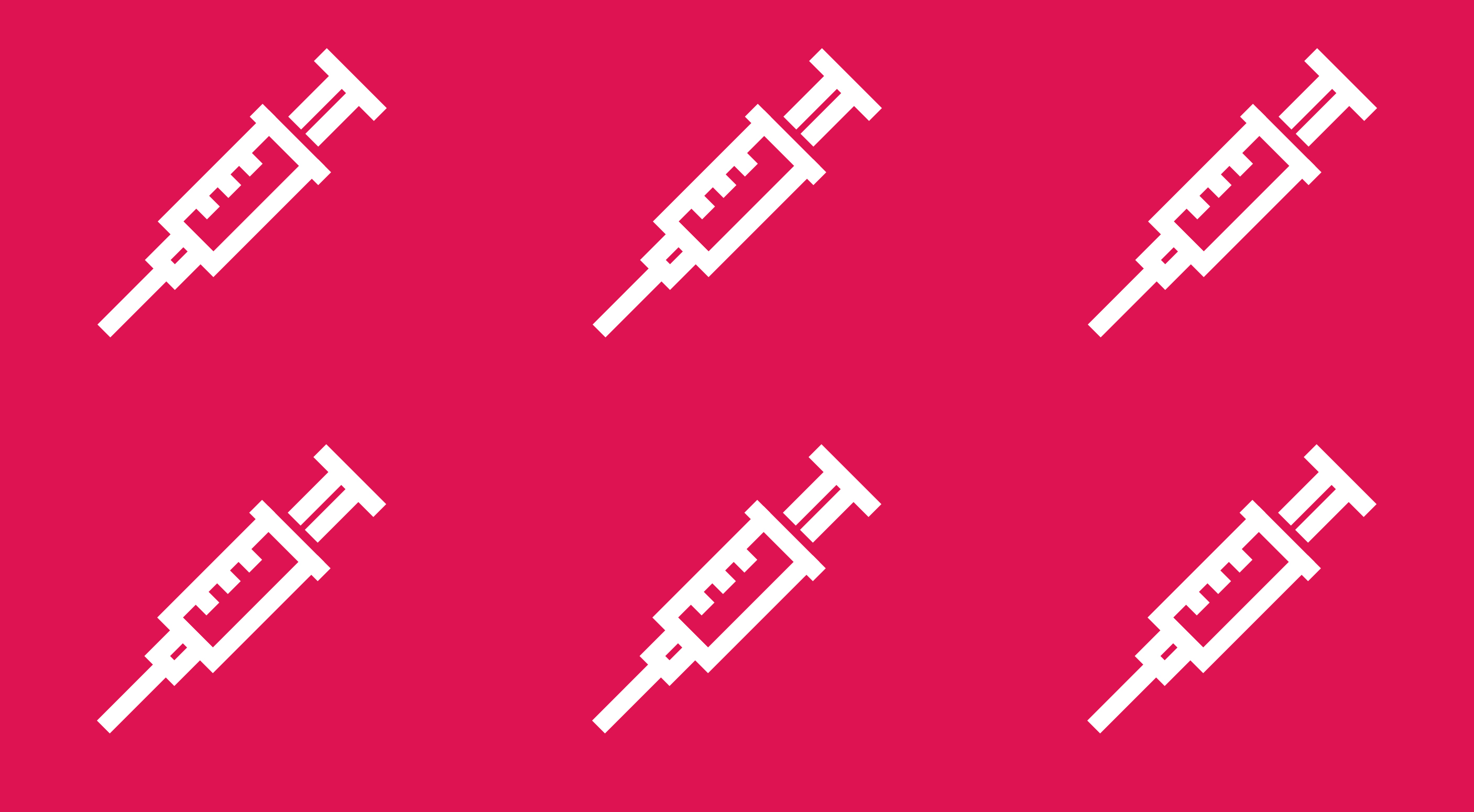Welcome to Sex Ed class. Lesson of the day: Human papillomavirus a.k.a HPV. In a nutshell, HPV is a sexually transmitted virus that affects both men and women. It can potentially cause serious health issues like cervical and other types of cancer. Here’s what you should know about HPV in order to be better sexually informed and keep yourself healthy.
1. HPV is more common than you think
HPV is the most common sexually transmitted disease in the US with about 14 million people become newly infected every year, although most people don’t know that they are infected. HPV is so common in fact, that almost all sexually active people get it at some point in their lives according to the CDC.
2. HPV is spread by skin-to-skin contact
HPV is spread by skin-to-skin contact, not through exchange of bodily fluid. It is most commonly spread through vaginal, anal, or oral sex. Once contracted, it can lead to serious health consequences like genital warts and certain types of cancer but in most cases, the infection just goes away by itself.
3. You can’t always tell when someone has HPV
There are often no clear symptoms for HPV, so you can’t always tell if you or your partner has it. Even when there are no symptoms, the person infected can still unknowingly spread the disease to their sexual partners.
4. The HPV vaccine helps protect against cervical cancer and genital warts
Condoms can lower but do not totally eliminate the risk of transmission. It’s very important to receive the HPV vaccine, which protects against some of the most dangerous strains of HPV that cause most cervical cancers and genital warts. You should get all the doses before having any sexual contact in order for the vaccine to be most effective. The CDC recommends getting the vaccination during your early teen years but if you haven’t gotten it and are under the age of 26, you should be eligible to receive it.
5. Pap testing can prevent cervical cancer
Getting pap tested regularly is important since it’s the best way to screen for cervical cancer. If the abnormal cells are treated early on enough, cervical cancer can be completely treatable.
6. There is no “cure” for HPV
There is no treatment for the virus itself but you can get treatment for problems caused by HPV such as cervical cancer and genital warts.

